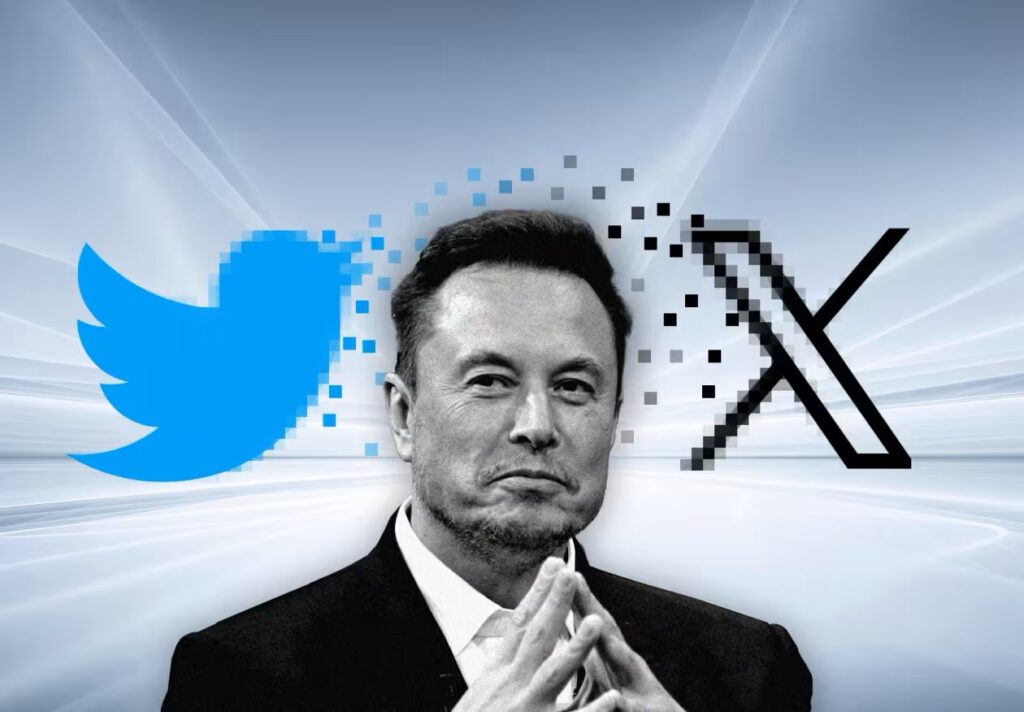Mark Zuckerberg is said to have started work on Koolau Ranch, his sprawling 1,400-acre compound on the Hawaiian island of Kauai, as far back as 2014.
It is set to include a shelter, complete with its own energy and food supplies, though the carpenters and electricians working on the site were banned from talking about it by non-disclosure agreements, according to a report by Wired magazine.
A six-foot wall blocked the project from view of a nearby road.
Asked last year if he was creating a doomsday bunker, the Facebook founder gave a flat no. The underground space spanning some 5,000 square feet is, he explained, just like a little shelter, it's like a basement.
Though his building permits refer to basements, some of his neighbors call it a bunker. Or a billionaire's bat cave.
Then there is the speculation around other tech leaders, some of whom appear to have been busy buying up chunks of land with underground spaces, ripe for conversion into multi-million pound luxury bunkers.
Reid Hoffman, the co-founder of LinkedIn, stated that apocalypse insurance is popular among the wealthiest, with New Zealand being a favored destination.
The question remains: Could they be preparing for war, the effects of climate change, or some other catastrophic event the rest of us have yet to know about?
In the last few years, the advancement of artificial intelligence (AI) has added to this sense of existential dread. Ilya Sutskever, chief scientist of OpenAI, has reportedly suggested digging an underground shelter for the company's top scientists prior to releasing powerful AI technologies.
Tech leaders like Sam Altman and Demis Hassabis predict AI developments could come sooner than anticipated, fostering a climate of urgency among those in the know.
However, debates continue around the necessity of these preparations. Critics, including machine learning experts, argue that the hype around AI and doomsday scenarios distract from addressing immediate societal issues and the responsible implementation of technology.
In this climate of secrecy and speculation, where should public concern lie? Are these actions justified, or are they simply reflections of wealth-driven paranoia?




















